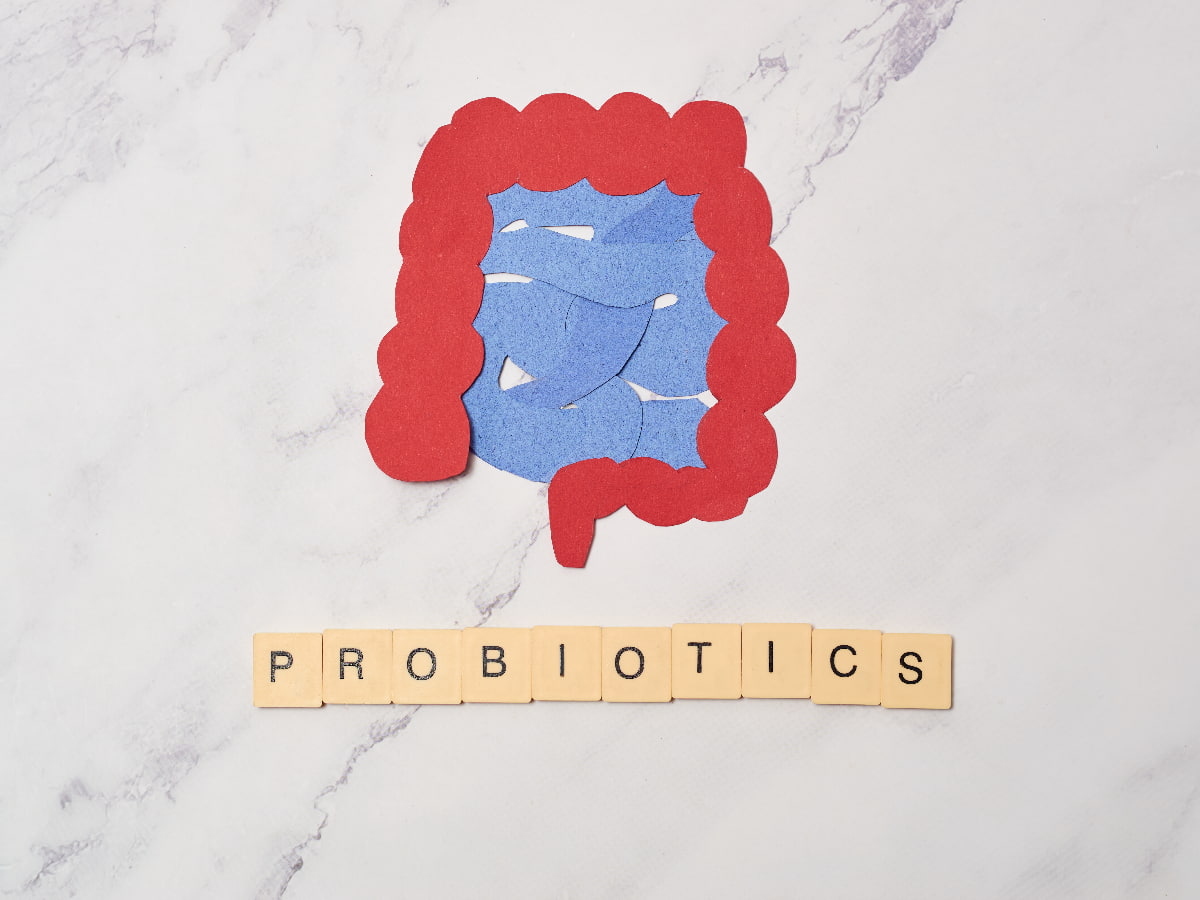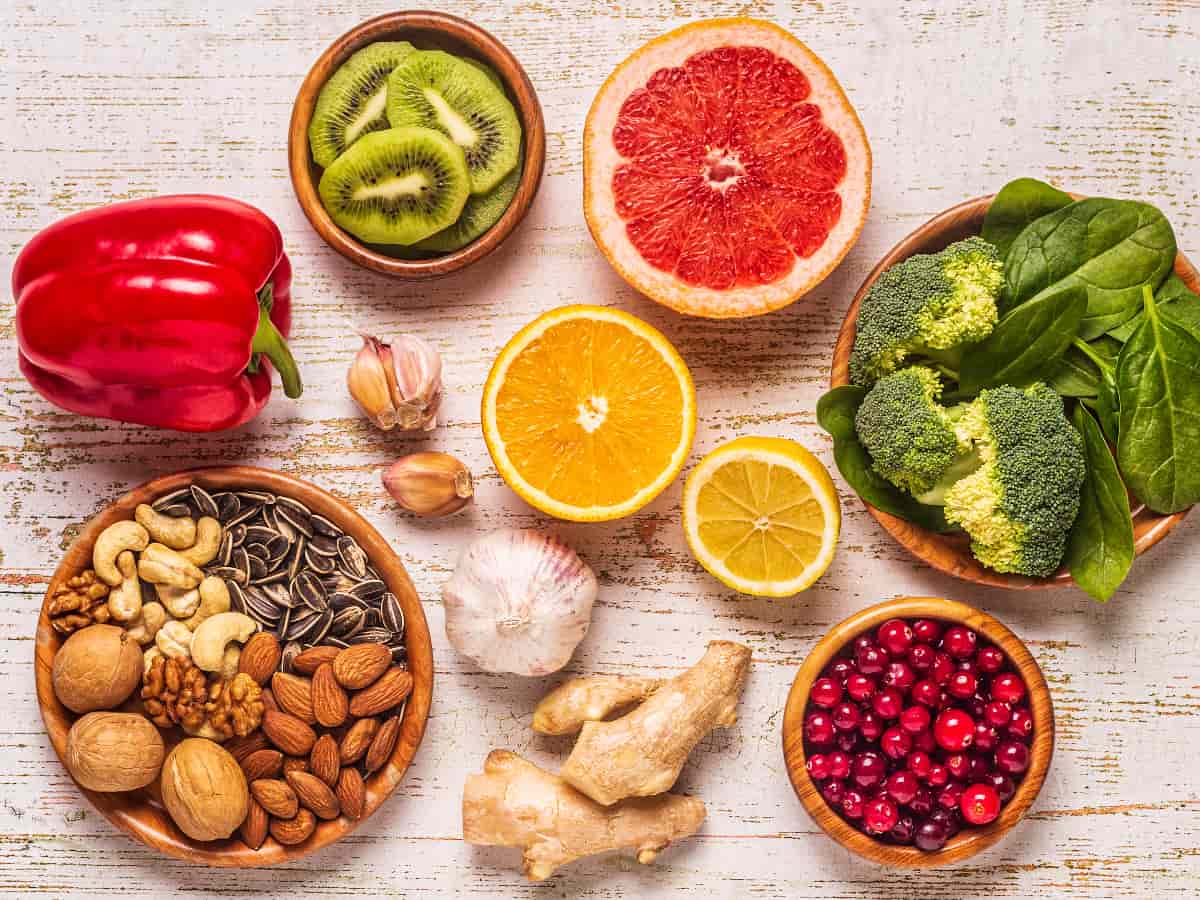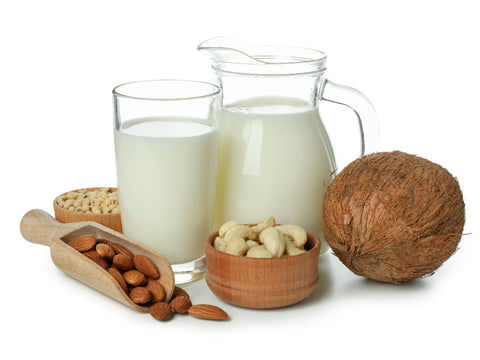Probiotics are beneficial bacteria that are vital in maintaining a balanced gut flora and play a crucial role in overall well-being. However, a lesser-known subset of this powerhouse category is "green probiotics," which could offer even more benefits, especially for those looking to integrate sustainability into their health regimen.

This article looks into green probiotics: what they are, their benefits, and how you can seamlessly weave them into your daily routine. By the end, you’ll understand the significance of these plant-based probiotics and how to make them a staple in your diet for improved health and an eco-friendly lifestyle.
Understanding Green Probiotics
Green probiotics refer to beneficial bacteria derived from plant-based sources, distinct from their dairy-based counterparts commonly found in yogurt and other fermented products. These probiotics are naturally occurring in or are added to plant-based foods and supplements, offering a vegan-friendly option for those seeking the digestive and immune benefits of probiotics without animal products.
Sources of Green Probiotics
The primary sources of green probiotics include a variety of vegetables, fermented plant foods, and algae, such as:
- Sauerkraut: Fermented cabbage is not only rich in vitamins but also teeming with lactobacilli, a type of bacteria beneficial for your gut.
- Kimchi: A spicy Korean side dish made from fermented vegetables, providing a diverse range of probiotics.
- Miso: A Japanese seasoning produced by fermenting soybeans with salt and koji (the fungus Aspergillus oryzae), offering a rich probiotic content.
- Spirulina and Chlorella: These algae are not only superfoods due to their high nutrient content but are also believed to host beneficial bacteria during the fermentation process.
Benefits of Green Probiotics

Incorporating green probiotics into your diet can offer a plethora of health benefits, including but not limited to:
- Digestive Health: Like all probiotics, green variants help in maintaining a healthy balance of gut flora, aiding in digestion and the absorption of nutrients, and preventing common digestive issues.
- Immune System Support: A healthy gut contributes to a stronger immune system. Green probiotics can help enhance your body’s defense mechanisms against pathogens.
- Environmental Advantages: Opting for plant-based probiotics supports a more sustainable and environmentally friendly approach to health. Green probiotics typically require less water and land to produce and result in lower greenhouse gas emissions compared to animal-based sources.
The Importance of Green Probiotics in Your Diet
Green probiotics, derived from plant-based sources, stand out for their unique benefits, enhancing not only personal health but also supporting environmental sustainability. Their integration into your diet can lead to significant improvements in digestive health, immune system function, and reduce your carbon footprint.
Digestive Health
A balanced gut flora is crucial for optimal digestive health, and green probiotics are key to achieving this balance. By incorporating foods like fermented vegetables, spirulina, and chlorella into your diet, you introduce beneficial bacteria that aid in digestion, nutrient absorption, and the maintenance of a healthy gut barrier. These green sources provide a wide array of enzymes and probiotics that help break down food more efficiently and reduce symptoms of gastrointestinal distress, such as bloating, constipation, and diarrhea.
Immune System Boost
Approximately 70% of the immune system is housed in the gut, making gut health synonymous with immune health. Green probiotics support this by enhancing the gut's mucosal immune response, creating an environment less conducive to pathogen invasion. Regular consumption of green probiotics can lead to an increased production of natural antibodies and a boost in immune cells like lymphocytes, effectively fortifying the body's defense against infections, inflammation, and disease.
Environmental Impact
Choosing green probiotics over animal-based sources also has a profound impact on the environment. Plant-based probiotics require less water and land and produce fewer greenhouse gases during production. By opting for green probiotics, you contribute to a reduction in the demand for livestock farming, which is a major contributor to deforestation, biodiversity loss, and climate change. Integrating green probiotics into your diet is a step towards a more sustainable lifestyle that benefits both your health and the planet.
Practical Ways to Integrate Green Probiotics into Your Daily Routine
Incorporating green probiotics into your daily routine can be simple and enjoyable. Here are practical ways to ensure you reap their health and environmental benefits:
Diet Modifications

Begin by introducing more plant-based, fermented foods into your meals. Options like sauerkraut, kimchi, and pickled vegetables not only add a flavorful zest to your dishes but also provide a healthy dose of green probiotics. Incorporate spirulina or chlorella into smoothies, juices, or salads for an extra nutrient and probiotic boost. Gradually increasing these foods in your diet can help your digestive system adjust without discomfort.
Supplements
If your diet lacks variety or you find it challenging to incorporate enough green probiotic foods, consider high-quality supplements. Look for supplements that specify "plant-based" or "green" probiotics on the label. As with any supplement, it's important to choose products from reputable manufacturers and consult with a healthcare provider before starting.
Recipes and Meal Ideas
Experimenting with recipes that use fermented vegetables or algae can make the integration of green probiotics both fun and delicious. For example, adding a spoonful of sauerkraut to your avocado toast, blending spirulina into your morning smoothie, or creating a kimchi-based salad dressing can enrich your meals with beneficial probiotics.
Lifestyle Changes
Adopting a lifestyle that supports the intake of green probiotics might mean reducing the consumption of processed foods and sugars, which can negatively affect gut health. Emphasizing whole, plant-based foods not only facilitates the growth of beneficial gut bacteria but also promotes overall well-being.
By integrating green probiotics into your daily routine through these practical steps, you can enhance your digestive health, boost your immune system, and contribute to environmental sustainability.
Overcoming Challenges
Integrating green probiotics into your daily routine can be an incredibly rewarding journey towards better health and sustainability. However, it’s not without its challenges. Let’s address some common obstacles you might face and explore practical solutions.
Accessibility

One of the main challenges in adopting green probiotics into your diet is the accessibility of sources. Not everyone has easy access to fresh, organic, or specialized plant-based foods rich in probiotics. Here are a few strategies to overcome this hurdle:
- Local Farmers’ Markets: These can be a goldmine for fresh, organic produce. Shopping locally also supports community agriculture.
- Online Retailers: Many online stores specialize in delivering organic and health-focused foods directly to your door.
- Grow Your Own: Consider starting a small home garden. Growing foods like cabbage can be relatively simple, and it gives you a direct source for making fermented foods like sauerkraut.
- Community Gardens: If space is an issue, look into community gardens where you can grow your own produce in a shared space.
Taste Preferences
The taste of green probiotics, especially fermented foods, can be unique and might not appeal to everyone initially. Here are ways to gradually introduce them into your diet:
- Start Small: If you’re new to fermented foods, start with small amounts to allow your taste buds to adjust.
- Mix and Match: Combine green probiotics with foods you already enjoy. Adding a spoonful of sauerkraut to a favorite salad or bowl can be a good start.
- Creative Recipes: Search for recipes that incorporate green probiotics in appealing ways. Smoothies, for instance, can mask the taste of spirulina or chlorella while providing all the benefits.
- Flavor Pairings: Pairing fermented foods with complementary flavors can enhance their taste. For example, the tanginess of kimchi can complement the flavors in a stir-fry or sandwich.
Monitoring Your Progress
As you begin to integrate green probiotics into your diet, it’s helpful to monitor your progress and observe how your body responds. This can help you adjust your approach for the best results.
Tracking Your Intake
Keeping a food diary can be an effective way to track your intake of green probiotics. Note what you consume each day and any changes in how you feel. This can help you identify patterns and adjust your diet accordingly. Apps designed for tracking meals and nutritional intake can also be useful.
Listening to Your Body

Paying attention to your body is crucial when making dietary changes. Here are some signs to watch for:
- Digestive Changes: Improvements in digestion or changes in bowel habits can indicate that your body is responding well to increased probiotic intake.
- Energy Levels: Many people report higher energy levels and improved mood with a diet rich in probiotics.
- Physical Reactions: While rare, some individuals may experience bloating or discomfort when first introducing fermented foods. If this happens, reduce the amount and gradually increase it over time.
If you encounter persistent adverse effects, it might be wise to consult with a healthcare professional to ensure that your diet aligns with your health needs.
Frequently Asked Questions
What are green probiotics?
Green probiotics refer to probiotics that are derived from plant-based sources, such as fermented vegetables, certain algae, and other naturally occurring, non-dairy sources. Unlike traditional probiotics found in dairy products, green probiotics offer an alternative that is often more sustainable and suitable for those following vegan or plant-based diets.
Why should I include green probiotics in my diet?
Including green probiotics in your diet can enhance your digestive health by promoting a balanced gut microbiome, boost your immune system, and support overall wellness. Additionally, opting for plant-based probiotics can contribute to a more sustainable and environmentally friendly lifestyle.
How can I add green probiotics to my daily routine?
You can add green probiotics to your daily routine by incorporating fermented plant-based foods into your meals, such as kimchi, sauerkraut, and miso. You can also explore supplements derived from algae or other plant-based probiotic sources. Experimenting with different sources can help you find enjoyable ways to include these beneficial microorganisms in your diet.
Are green probiotics suitable for everyone?

Green probiotics are generally suitable for most people, including those who are lactose intolerant or following a vegan diet. However, if you have specific health conditions or dietary restrictions, it's a good idea to consult with a healthcare provider or a dietitian to ensure that green probiotics are a good fit for your needs.
Can green probiotics help with specific health issues?
Green probiotics can support gut health and the immune system, which may be beneficial for various health issues related to digestive and immune function. While they can be a valuable part of a healthy lifestyle, it's important to remember that they are not a cure-all. For specific health concerns, it's best to seek advice from a healthcare professional.
Conclusion
Incorporating green probiotics into your daily routine offers a myriad of health benefits that extend beyond the conventional scope of digestive wellness. By embracing the rich, plant-based sources of these live microorganisms, you not only contribute to the fortification of your gut health but also partake in an environmentally conscious choice that supports sustainable living. The introduction and maintenance of green probiotics in your diet can significantly enhance your immune system, promote a balanced gut microbiome, and potentially lead to a more vibrant, energetic lifestyle.
The journey to integrating green probiotics does not necessitate drastic changes but rather invites you to make mindful, incremental adjustments to your dietary habits. Whether through incorporating more fermented vegetables into your meals, exploring the world of algae-based supplements, or simply opting for plant-based foods rich in natural probiotics, the steps towards a probiotic-rich life are versatile and adaptable to your unique tastes and preferences.
Listening to your body is crucial as you embark on this path. Monitoring how your body responds to the introduction of green probiotics can provide valuable insights into what works best for you. Remember, the goal is to achieve a balanced, healthy gut flora that supports your overall well-being, and this might require some adjustments along the way.


.png?v=1737390083)
.png?v=1737187409)


